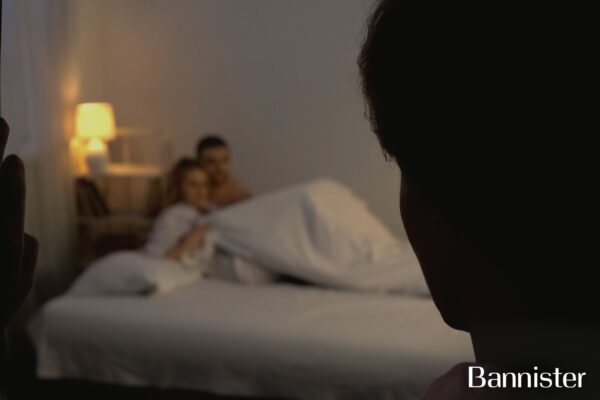
New obligation in EOT agreement: The best interests of the child
For some time now, the interests of the child have played a prominent role in divorce proceedings due to irretrievable disruption (EOO), mainly when the parents do not find an agreement regarding parental authority, maintenance allowance or residence arrangements.
The interests of the child played a less prominent role in divorce by mutual consent (EOT). Indeed, it was always assumed that the EOT deed took the child's interests into account, in what way did not need to be clarified. The interests of the child were mainly safeguarded by the court's supervisory function. However, since parties no longer have to appear in person before the Family Court, this controlling function of the judge was partly eroded.
To this problem, the legislator wished to address the issue with the law of 27 March 2024. After all, the interests of the child, the most vulnerable in the process of divorce, should always be safeguarded.
What does the new obligation entail?
Due to the change in the law, from 8 April 2024, one will have to explicitly state in the EOT agreement in what way the interests of the minor child were taken into account in the agreement reached. This is stipulated in the amended article 1288 Ger.W.
This applies to both EOT agreements reached through judicial and extrajudicial mediation.
By requiring parents to clarify how they have taken the best interests of the child into account, the legislator is aiming for a more thoughtful and child-friendly approach to divorce. We have been seeing this movement for a longer time; for example, we once wrote about the child who would arrange the residence arrangements himself.
Practical implementation?
The new legislation thus creates a significant change in how parents act on their mutual agreements, but how should this be done practically?
Any EOT agreement must now specifically state what considerations were made regarding the best interests of the child and how they were taken into account. It will thus have to show how the choice of parental authority, residence and maintenance was made in the child's best interests. The agreement will have to show to what extent the following matters were taken into account: the child's hobbies, the proximity of the school, the relationship with relatives, the relationship with plus parents and/or plus children, etc.
If the agreement does not contain this information, the court will suspend consideration of the application until the parties have completed their agreement accordingly.
Also, the court may still order the personal appearance of the parties if necessary to further assess the best interests of the child or to clarify the measures taken.
This new legislation is thus a step forward in ensuring the welfare of children within divorce proceedings. For more information or specific help on the new requirements of the EOT agreement, our family law experts are ready to support you. Please do not hesitate to contact us at info@bannister.be or via 03/369.28.00.



